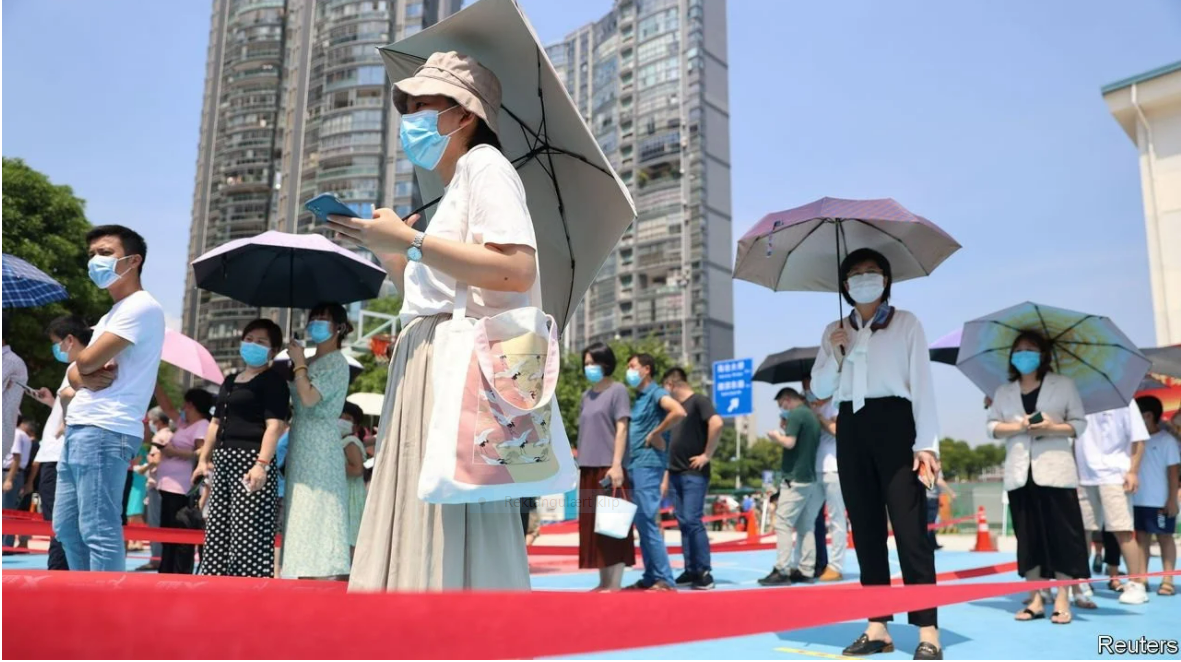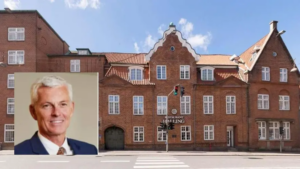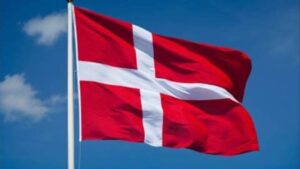Nordea har analyseret krisen omkring det store kinesiske ejendomsselskab Evergrande, der skal indfri store lån, og som har en dræbende gæld. Men vi skal ikke være så bekymrede for en afsmittende effekt, mener Nordea. De kinesiske myndigheder har længe bestræbt sig på at gribe ind mod de store prisstigninger på boligmarkedet, og præsident Xi Jinping har ofte sagt, at boliger er til for at bo i og ikke for at bruge som spekulationsobjekt. Skulle Evergrande bryde sammen, vil virkningen være meget lille i forhold til de problemer, der førte til den amerikanske finanskrise, og de kinesiske banker er rustet til at tage tab. Myndighederne kan se en interesse i en løsning, som sender et klart signal til ejendomssektoren: Den voldsomme spekulation på boligmarkedet skal høre op. Myndighederne vil undgå, at høje priser skal føre til uro i befolkningen. Derfor vil en stærk regulering af markedet fortsætte efter Evergrande-krisen.
Why worry about Evergrande?
A few years back, problems among Chinese issuers were dealt by the authorities and investors did not have to worry much about credit risk. But now markets are worried about a possible Evergrande effect. Why?
Markets have become increasingly worried about the Chinese real estate company Evergrande when the due days for its payments have become closer. The liquidity problems in the company have been well known for months if not years but until now nobody has really taken them seriously.
This is because earlier on, the Chinese authorities have taken care of defaults in the markets without leaving hardly any scars on the market outlook. Especially companies in the real estate sector have been considered to be safe: the triangle between local authorities, banks and real estate companies was once considered to be one of the cornerstones of the economy which nobody was willing to shake.
Favourable development and rising prices benefited all counterparties: local authorities’ income structure in many parts of China was highly dependent on land sales and rapidly rising housing prices was one of the major engines of growth. Obtaining a Hukou in a city like Shanghai used to be like winning in a lottery because it allows one buying an apartment whose price has been expected to rise endlessly.
However, China has changed and especially the priorities of the Chinese leaders have recently changed. When it comes to the real estate sector, the US subprime bubble and the subsequent Financial Crisis in 2008 are events that China does not want to repeat. Thus, for many years already, President Xi has talked about apartments being meant for living and not for speculation. The vast amount of debt related to the real estate sector has not made the picture look brighter: Xi has defined the high level of debt as one of China’s major problems that has to be tackled.
The shift in political priorities has been visible in concrete actions. The financial conditions for the real estate companies have been tightened already for years – very much contrary to the trend during the pandemic in a number of other sectors. Also regulatory requirements have increased and some forms of speculation by the real estate companies, for example the purchase of land and waiting for its value to rise, have been restricted.
The problems in Evergrande that have now become acute are partly due to the changed regulatory environment and most likely they have not appeared as a complete surprise to the leaders. It has probably been well predicted that tighter policy stance will bring up the problems but that has been tolerated in order to change China’s growth model and to avoid even bigger problems that could hinder the country from achieving its ambitious long-term targets (our analysis about the recent policy actions and policy line is here).
Thus, if no private-sector solution for Evergrande is possible, we would be surprised to see Evergrande’s problems to be completely wiped out by the authorities and the company continuing its businesses without any consequences. We rather expect that authorities are looking for a solution which makes Evergrande a bad example for other companies having too much debt and also probably the investors will learn at least in a light version of a credit risk lesson in China.
However, we expect the Chinese authorities to be determined to restrict the negative effects on the macro economy and especially on households. To avoid any sort of domino effect should be manageable due to three reasons. First, the amount of Evergrande’s liabilities corresponds to 2% of China’s GDP – nothing compared to the subprime bubble in the US. Second, the risks are estimated to be rather well distributed both among domestic and foreign bond holders. Third, the collaterals for bank loans are estimated to be rather good.
Regardless of costs, China probably wants to avoid any significant negative consequences on a wider group of Chinese households. This is mainly because any possible trigger for social unrest is likely to be removed. And second, the leaders understand that household confidence, which already has been dented by the covid crisis, cannot deteriorate too much as its role is extremely important for China’s new growth model.
However, the tight conditions for the real estate sector will most likely remain in place and will affect both construction and manufacturing activity negatively and also lower the growth prospects in the coming quarters. China’s focus at the moment is not in the short-term growth numbers but on brightening the outlook in a long-run. For that purpose, the leaders are not afraid of weakening fundamentally the business environment for certain companies or even industries – nor investors.











